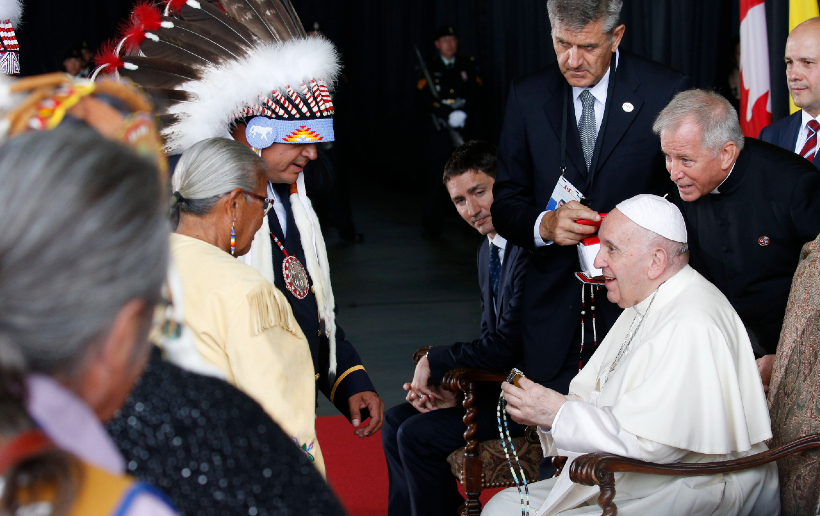
(CNS photo/Paul Haring)
July 24, 2022
Indigenous people in Canada eagerly await Pope Francis’ message of repentance and reconciliation as he begins his “penitential pilgrimage” in Canada.
As Pope Francis was arriving in Canada on Sunday morning, parishioners at Sacred Heart Church of the First Peoples in downtown Edmonton were celebrating Sunday Mass. The inculturated liturgy began with a smudging ceremony – an indigenous tradition that involves burning medicinal plants as a symbolic form of cleansing – and a procession including indigenous drummers, and continued with indigenous music and parts of the Mass said in the Cree language.
As he welcomed those present, either in person or watching remotely on a feed broadcast throughout the country, Sacred Heart’s pastor, Fr Susai Jesu, OMI, reminded the faithful that “welcoming and inclusion” are at the heart of the community’s values.
The people of Sacred Heart are eagerly awaiting the Pope’s visit to the parish on Monday afternoon. On Sunday morning, there was a palpable feeling of excitement and emotion. But as Father Mark Bloom pointed out in his homily at the Mass, for all the joy that comes with a papal visit, this journey also has a “solemn purpose”: the visible head of the Catholic Church is coming to Canada on a mission of repentance and contrition for the harm done to Indigenous Peoples by members of the Church and by ecclesial institutions.


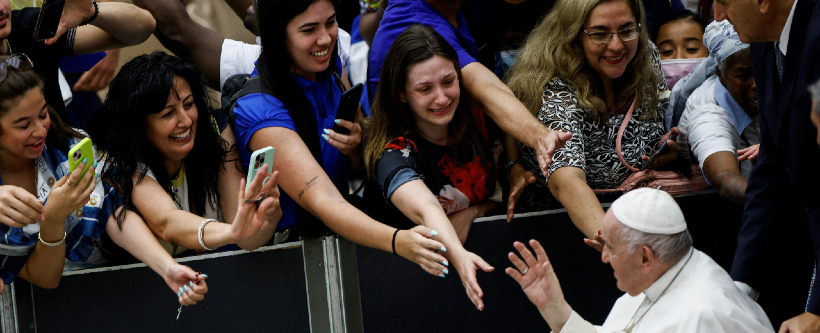
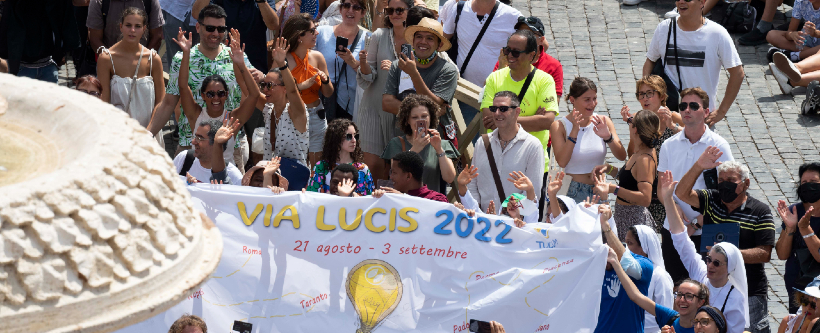
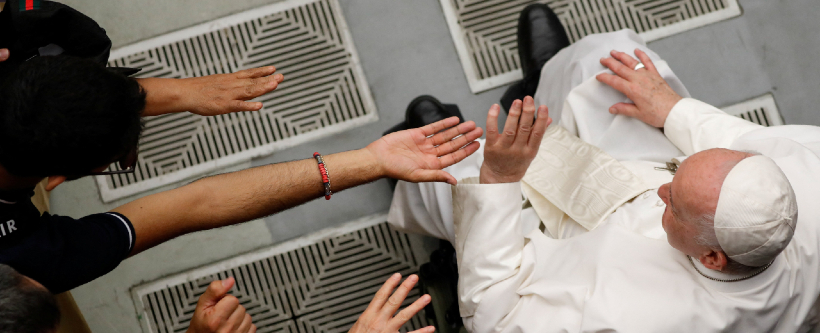
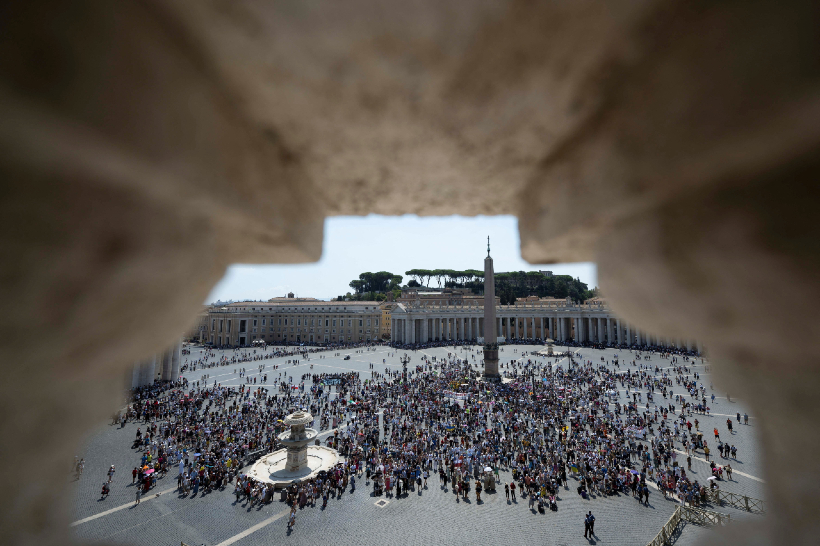
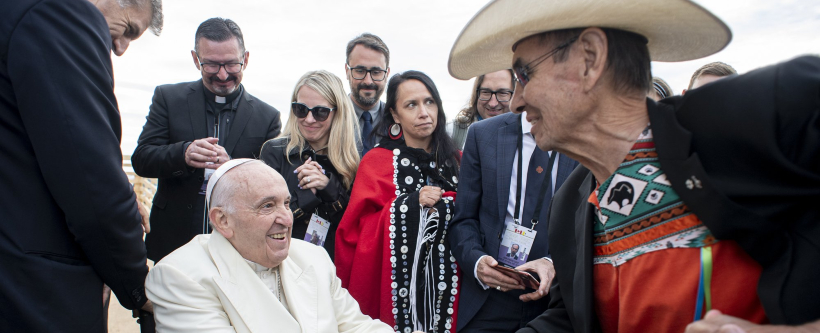
Facebook Comments